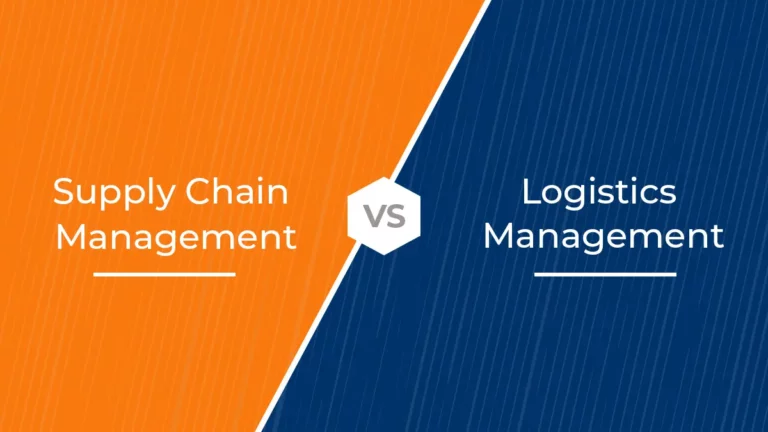Reimagine Supply Chain With Advanced Data Analytics
Big data has heralded a new era where today’s leading organisations are basing their decisions, not on guesswork, but concrete information. Data-driven supply chain management and automated analytics have become imperative to staying relevant amid our fast-moving times.
From the point your goods are manufactured to the point they are delivered to your consignee, your supply chain generates massive amounts of data. The real challenge is to build the capacity to gather this valuable business intelligence and process this data to help you leverage insights gained.
Advanced algorithms now allow us to simplify this process and convert our data into actionable insights. The key is to leverage these tools and combine them with a thorough understanding of your business requirements.
Here are some examples of how data-driven supply chain management via the adoption of digital solutions that can help you optimise your business and reduce your freight spend.
Choosing the Right Shipping Lane and Carrier
By deploying a digital solution with real-time visibility on the movement of your goods, data is recorded throughout its journey. From the time the shipment leaves the port of loading until it reaches the port of destination, systems can capture its movement along every step of the journey.
Through an analysis of this data, you can know exactly which carriers have been offering you the best service with minimum delays and which routes help you save costs. With these insights, you can help to minimise future delays and overspending.
Easy Assessment of Vendor Performance
Advanced data processing now makes it easier to assess vendor performance. For example, your system can collect multiple data points in the negotiation process such as the rates offered by different vendors and the number of negotiations that happen for each shipment, or whether contracted service level agreements are being met vis-a-via agreed arrival times.
Accurate Planning and Scheduling
Extensive planning and scheduling are integral parts of supply chain management. By utilizing supply chain visibility software, you can automate complex calculations and gain actionable insights for better shipment planning and scheduling. This software leverages real-time data to inform you of the best times to schedule shipments to specific geographies, enabling you to optimize efficiency and drive significant cost savings.
Today, the availability of both predictive as well as prescriptive analytics has made it possible to address multiple pain points in planning by eliminating the need to depend on guesswork while making decisions.
Enhanced Customer Experience
When you have clarity on the end-to-end functioning of your supply chain, you are better equipped to address the queries often posed by your clients. You can even foresee and predict disruptive events and take appropriate actions to avoid any unpleasant surprises. Moreover, an improved ability to respond to your customers instantly can facilitate transparency and create stronger business ties. Some tracking platforms even allow you to share data with your customers, allowing them to stay fully informed of any shipment delays.
Leaders Emphasise on Effective Use of Data
Big data and auto-generated insights are here to stay. Present-day data analytics has emerged as a remarkable enabler of supply chain optimisation on a macroscale and is at the forefront of leading organisational supply chains.
Discover how to build a data-driven, cost-effective, and resilient supply chain. Contact us today!






